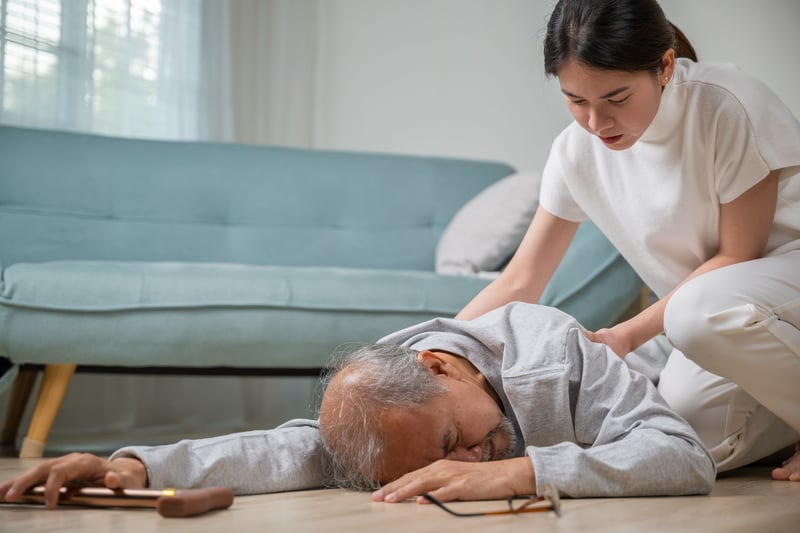Mon-Fri: 8:30a.m.-5:30p.m. | Sat: 9a.m.-12p.m. | Sun. & Major Holidays: Closed
Patient Resources
Get Healthy!
Asian-Americans Less Likely to Survive Cardiac Arrest Despite Equal CPR Efforts
- July 27, 2023
- Steven Reinberg
- HealthDay Reporter

Asian adults in the United States who suffer cardiac arrest are less likely to survive than white adults, even when given bystander CPR, a new study finds.
Asian adults have similar rates of bystander CPR after a cardiac arrest, but are 8% less likely to survive to hospital discharge compared with white adults.
They are also 15% less likely to have favorable mental outcomes, according to an analysis of nearly 279,000 out-of-hospital cardiac arrests.
"Receiving bystander CPR is usually a very strong predictor of survival after out-of-hospital cardiac arrest, therefore, it is not entirely clear what may be driving the lower survival rate among Asian adults," researcher Dr. Paul Chan said in an American Heart Association news release. He's a professor of medicine at Saint Luke's Mid America Heart Institute and the University of Missouri-Kansas City.
Cardiac arrest is the abrupt loss of heart function in a person without known heart disease. It is caused by an electrical problem within the heart, and is different from a heart attack, the AHA says.
"We were surprised that rates of bystander CPR in Asian adults were the same as white adults, as we have previously found that Black and Hispanic persons with out-of-hospital cardiac arrest have much lower rates of bystander CPR than white persons," said Chan.
Because skin color of the Asian community in the United States varies widely, he said his team had expected to see lower rates of bystander CPR in Asian versus white adults, Chan added.
"It is quite encouraging that bystander CPR rates for Asian adults were comparable to white adults; however, the overall analysis indicates additional research is needed to better understand the gap in CPR survival and neurological outcomes among Asian adults after out-of-hospital cardiac arrest," said Dr. Joseph Wu, volunteer president of the American Heart Association and director of the Stanford Cardiovascular Institute.
The report was published online July 26 in the Journal of the American Heart Association.
More information
For more on cardiac arrest, head to the American Heart Association.
SOURCE: American Heart Association, news release, July 26, 2023

